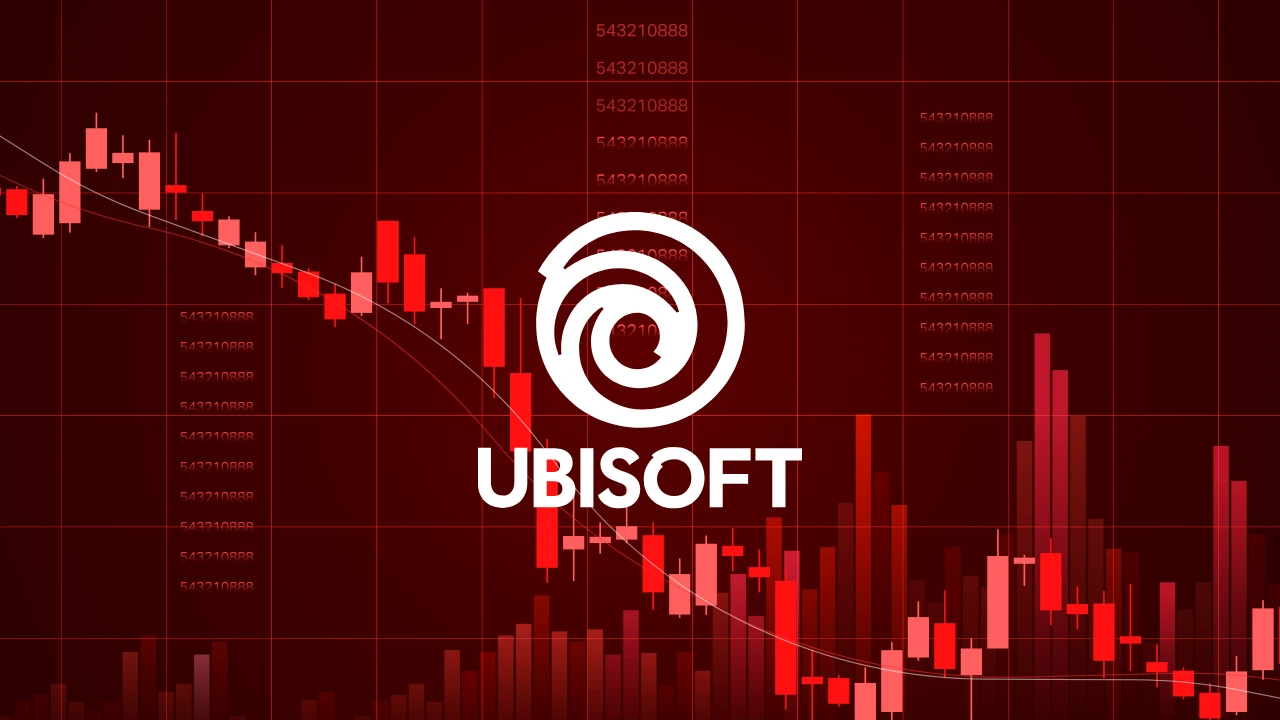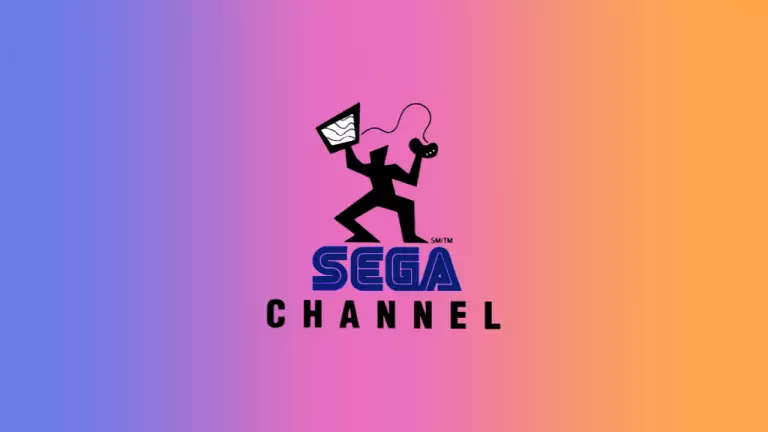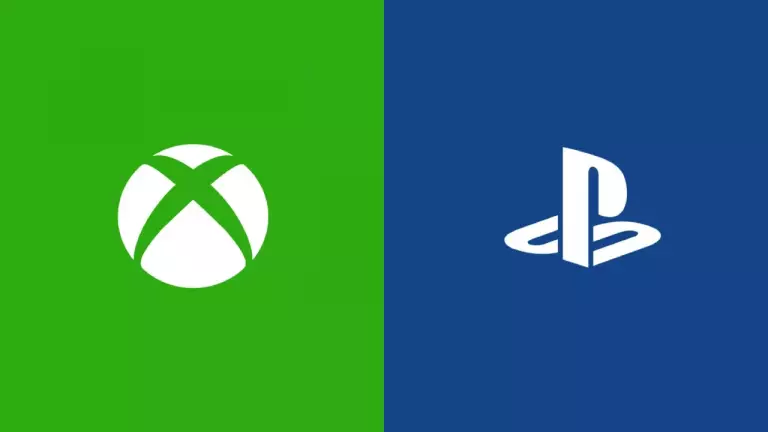Last Week, the California Court Ended a Legal Battle Between Epic Games and Google Over Monopolistic and Anti-Competitive Practices Related to Play Store Exclusivity
The conflict, which lasted for three years, began when Epic attempted to implement an alternative payment system outside of the Play Store for purchasing virtual credits in Fortnite. Google responded by removing the app. It’s worth noting that the owners and developers of Android charge a 30% commission, and since they control the only app marketplace, this constitutes a clear abuse of their dominant position and is outright monopolistic behavior.
Fortunately, Judge James Donato ruled that Google’s actions violated free market principles and antitrust laws, siding with the makers of Unreal Engine (and by extension, other developers and Android users). The judge’s ruling demanded substantial changes to Google’s anti-competitive practices, giving them a deadline of eight months to comply.
What Changes Does the Court Ruling Demand?
To comply with regulations and avoid potential sanctions, Google must implement the following changes within eight months:
- Allow developers to offer users alternative payment methods outside of the Play Store.
- Permit developers to set their own prices.
- Allow developers to include external download links outside of the Play Store.
- Google must not force developers to use its proprietary billing system for apps distributed via the Play Store. Nor can it prohibit the use of alternative payment systems within the Play Store.
- Google cannot share revenue generated by the Play Store with any person or entity that distributes Android applications.
- Google is prohibited from offering benefits to developers to discourage them from launching their apps on competing stores or to make their apps launch exclusively in the Play Store, even temporarily.
- Google cannot incentivize manufacturers or carriers to avoid installing competing app stores or pre-installing competing app stores on their devices.
Google Announced It Will Appeal the Ruling
On the same day the verdict was made public, Google’s Vice President of Regulatory Affairs published an article on the company’s official blog explaining the reasons for their appeal. The article includes the following statements:
“Epic’s verdict ignores the obvious: Apple and Android clearly compete. We will appeal and ask the courts to halt the implementation of these remedies to maintain a consistent and secure experience for users and developers as the legal process moves forward.
Today, the court overseeing our ongoing legal proceedings in the U.S. with Epic Games ordered changes to Android and Google Play requested by Epic. As we have already said, these changes would jeopardize consumer privacy and security, make it harder for developers to promote their apps, and reduce competition on devices. Ultimately, while these changes may presumably satisfy Epic, they will cause a number of unintended consequences that will harm consumers, developers, and American device manufacturers.
These changes requested by Epic stem from a decision completely contrary to another court’s rejection of similar claims Epic made against Apple. Unlike iOS, Android is an open platform that has always allowed choice and flexibility, with multiple app stores and sideloading.
We are appealing this underlying decision and will ask the courts to halt the changes requested by Epic pending this appeal. Our appeal will demonstrate that:
Apple and Google directly compete for consumers: The decision is based on a flawed presumption that Android is a market unto itself. The Apple decision, upheld on appeal, correctly determined that Android and iOS compete in the same market. This is obvious to anyone who has purchased a smartphone. Walk into a store that sells smartphones, and you’ll see Android devices from companies like Samsung and Motorola competing directly alongside Apple’s iPhones. People choose between these devices based on price, quality, and security.
Google and Apple directly compete for app developers: The decision ignores what all developers around the world know—that they must prioritize their investments in developing for iPhone and Android. Developers have finite resources and must decide how much time and money to invest in creating and updating apps for each platform. Like any business, Google wants developers to offer their best features for Android and release them first on Android. This is why we create tools, run training programs, and invest in making it as easy as possible to develop for Android. Apple does the same, competing to convince developers to prioritize iOS.
Android is open, and Google Play is not the only way to access apps: The decision does not account for the fact that Android is an open platform, and developers have always had plenty of options to distribute their applications. Most Android devices come preloaded with two or more app stores right out of the box. Developers can also provide their apps directly to users through their own websites. For instance, Epic Games has made its popular Fortnite app available via Samsung Galaxy Store, sideloading, and Epic Games Store, even while Fortnite was unavailable on Google Play. These are options that developers have never been able to offer to U.S. users on iPhones.
Android has helped broaden choice, reduce prices, and democratize access to smartphones and apps. The initial decision and the changes requested by Epic today put that at risk and undermine Android’s ability to compete with Apple’s iOS.”
While it’s clear Google intends to defend its interests and won’t admit to abusing its dominant position, they have strong reasons to appeal. The court’s decision contradicts the ruling in the Epic Games versus Apple case, despite the lawsuits being virtually identical but leading to very different outcomes. This disparity clearly benefits Apple to Google’s detriment, and this is undeniable regardless of anyone’s preferred stance.
The Differences With the Epic Games vs. Apple Ruling
The Epic Games vs. Apple case is nearly identical, taking place simultaneously and for the same reasons, starting with Fortnite’s removal for attempting to implement an alternative payment system to avoid exorbitant commissions. Same dates, same percentages, and same claims, but with very different outcomes. For Google, the ruling favored Epic, but for Apple, the result could be described as “mixed” (and that’s being extremely optimistic).
First, the Apple ruling took far less time, from August 2020 to the final verdict in September 2021, only 13 months compared to the over four years of the Epic vs. Google case. But undoubtedly, the most astonishing aspect was the ruling itself, concluding that “Apple is not a monopoly.” However, the court also forced the company to allow developers to include links to external payment systems while maintaining the exclusivity of their app marketplace. Additionally, Epic Games was required to pay damages to Apple for breaching their contract.
These egregious differences between two nearly identical legal processes reveal the double standards of the U.S. justice system. On the one hand, the exclusive control of the App Store over Apple’s ecosystem isn’t considered monopolistic, while Play Store exclusivity on Android is deemed a monopoly, despite Android allowing third-party app stores. This stark difference in criteria shows a clear favoritism toward Apple and highlights the growing need for effective regulation of app stores.
At first glance, the California court’s ruling should be a win for users and developers since it aims to democratize access to various apps and payment systems while avoiding excessive commissions. The problem is that if this only applies to Google and not Apple, it creates an unfair disadvantage for one company over the other.
However, the logical solution isn’t to grant Google’s appeal and revert the changes just to maintain unbalanced competition. The correct course of action would be to apply the same policies demanded of Google to Apple to ensure fair competition. Otherwise, it would pave the way for Apple’s triumph over Google, and ultimately, if Apple wins in this regard, it’s the users who will lose out.






